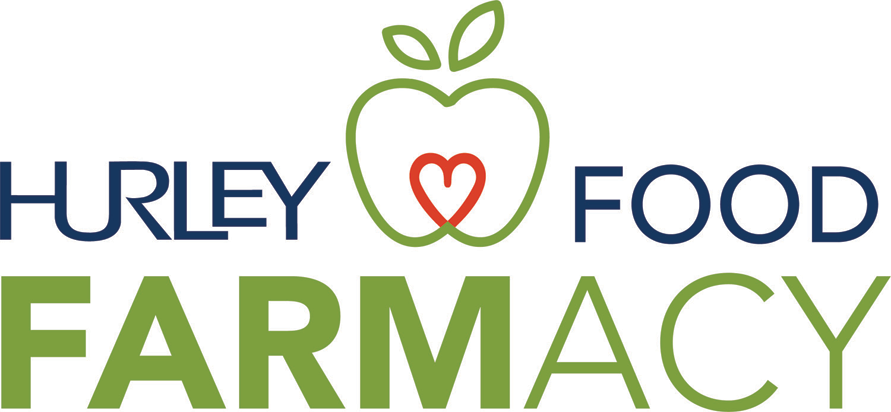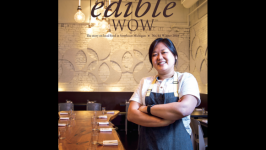Hurley Opens a "Food Farmacy" in Flint
Perhaps your doctor has told you to eat as healthily as possible. But what if you’re not sure where your next meal is coming from?
Food insecurity is defined by the USDA as “the state of being without reliable access to sufficient quantity of affordable nutritious food.” And Genesee County’s rate, at over 17%, is higher than the Michigan state average. “Hunger is truly a health issue,” says Alisa Craig, administrator of wellness and population health at Hurley Medical Center in Flint.
“Many of our patients often do not have enough food, especially healthy food, to help them heal. They may have to choose between purchasing medications or purchasing food.” Enter the new “Food Farmacy,” a program offered through Hurley working with a grant from the Community Foundation of Greater Flint. Admission is simple: Just fill out a two-question form about whether or not food security is an issue. Answering “sometimes true” or “often true” qualifies a person for a referral from their health care provider. Those referred can get two days’ worth of healthy food for themselves and their families, two times a month for three months. At the end of that time, a questionnaire helps determine next steps.
Susanne Gunsorek, the program’s registered dietician, is onsite to meet and help participants. “Oftentimes, people will enter with a concerned, kind of wary expression. Will they have to fill out a lot of paperwork, or somehow justify being there?” she asks. They don’t. “All we need is the referral.” After reviewing health issues with Gunsorek, it’s time to walk through the Farmacy’s aisles and select from the healthy foods—which can be daunting.
“People can have some gaps in their views on nutrition,” says Susanne. “Maybe they’ve been diabetic for many years and feel they already know what to eat. Our approach is the basics: counting carbs, correct portion sizes, cooking whole grains.” One consistent challenge is cooking low- or no-sodium dishes that taste good. “If you’re going to cut back on salt, you have to increase the other seasonings— and they can be expensive. We make herbs and spices available along with recipes. It’s so important that you like the foods that are good for you.”
When people leave the “Farmacy,” Gunsorek makes sure that they have, at the minimum, the knowledge and ingredients to cook dinner that night. Follow-up is important: everything from checking to see how the whole-wheat spaghetti went over with the family to seeing if an extension of benefits is needed after the initial three-month period. Gunsorek also helps people understand how to get enrolled in various food assistance programs, including SNAP and WIC. “The program is not insurance driven,” she says. “If you say, ‘I’m hungry and I’m having trouble feeding my family,’ we’re here to help.”
Find out more at HurleyMC.







